Rick Shaw, Stanford University, Answers Five Questions
Posted on Tue, 09/04/2012 - 09:35
Rick Shaw, Dean of Admission and Financial Aid at Stanford University, answers five questions for us this month as everyone heads to campus.
Stanford University was founded in 1891 by Jane and Leland Stanford in memory of their only child who died of typhoid fever. The 8,180-acre campus, designed by Frederick Law Olmsted, was originally the Stanford family's Palo Alto Stock Farm, used for the breeding and training of trotting horses and thoroughbreds. It is still affectionately called "The Farm."
Today, the university's grounds include 800 different species of plants, 25 fountains, the 285-foot Hoover Tower that dominates its skyline, and an extensive collection of outdoor art -- Rodin's The Gates of Hell, the Papua New Guinea Sculpture Garden, Andy Goldsworthy's Stone River, as well as works by Henry Moore, Alexander Calder, Bruce Beasley, Maya Lin and more.









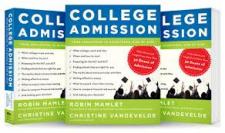

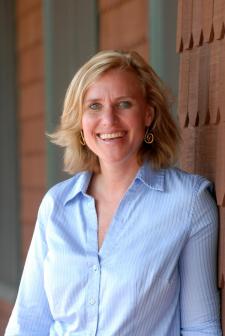
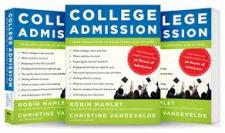
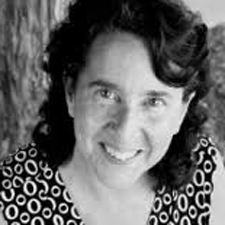 Today, Alice Kleeman continues her excellent blog post about the "small stuff" that can trip up a college application process. Here are more of the frequently glossed-over college-related tasks that can make a difference:
Today, Alice Kleeman continues her excellent blog post about the "small stuff" that can trip up a college application process. Here are more of the frequently glossed-over college-related tasks that can make a difference: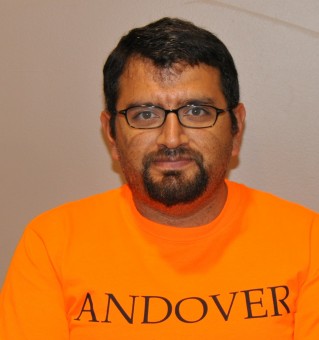 Walter Pineda is paying it forward. The Associate Director of College Counseling at
Walter Pineda is paying it forward. The Associate Director of College Counseling at